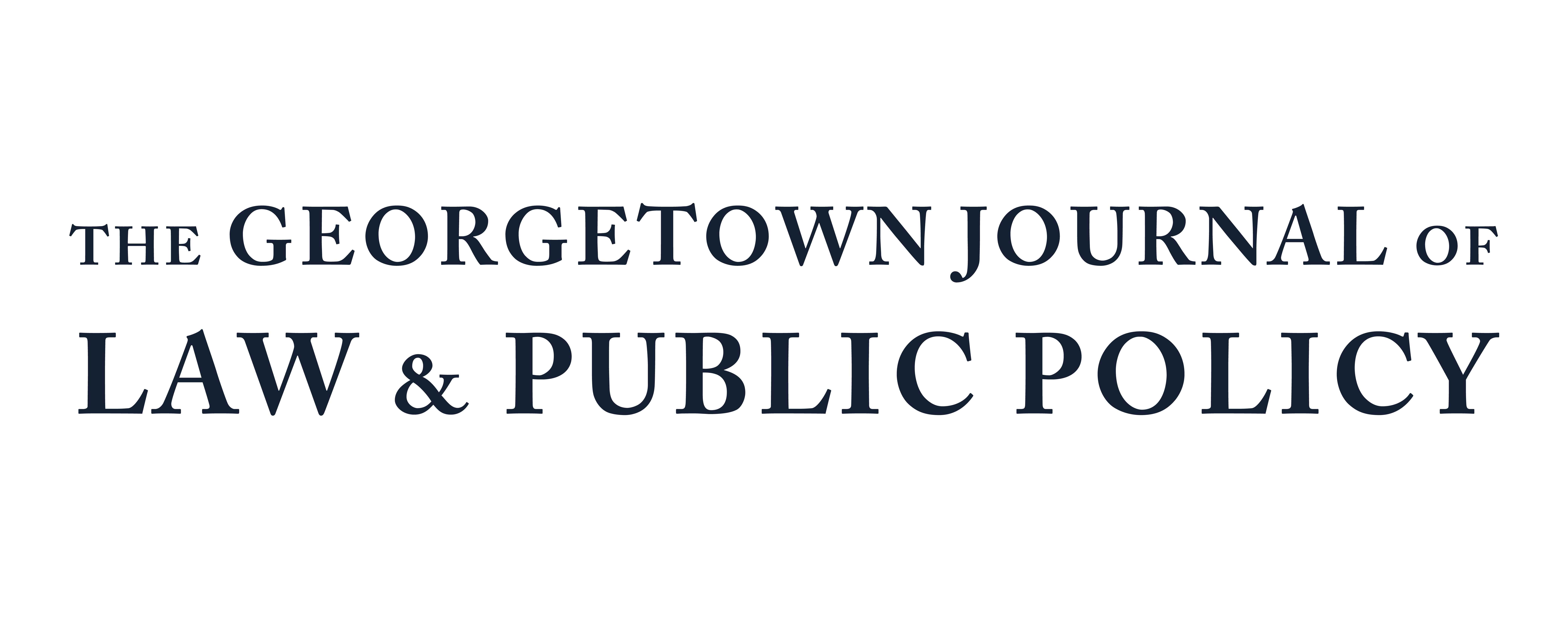Malicious Prosecution as Undue Process: A Fourteenth Amendment Theory of Malicious Prosecution
Section 1983 is not itself a source of constitutional rights, but is instead merely a vehicle to vindicate constitutional rights that independently exist. But since the Supreme Court advised in dictum that actions pursuant to § 1983 should be read against the background of tort liability, § 1983 actions based on malicious prosecution have sparked disagreement over where, if anywhere, this cause of action fits within the Constitution. Most recently, the Supreme Court determined that malicious prosecution finds its constitutional home in the Fourth Amendment, so § 1983 claims require a showing of both a Fourth Amendment violation and the common law elements of a malicious prosecution claim. This approach fails on multiple levels, however, because malicious prosecution is a poor fit for the Fourth Amendment—the tort and the constitutional amendment have distinct requirements that do not harmonize, but damage each other, causing the other to alter its core features. Instead, this article explains why courts should adopt an alternative framework that treats § 1983 malicious prosecution claims as constitutional violations of due process rights protected under the Fourteenth Amendment. As such, § 1983 claims require only a show-ing of the common law elements of a malicious prosecution claim, a claim that at its core protects the fundamental right to be free from prosecution without probable cause. This right is fundamental regardless of whether a Fourth Amendment violation occurs simultaneously with a malicious prosecution. This is the superior doctrinal approach to § 1983 claims based on malicious prosecution because it properly recognizes that malicious prosecution independently has a home in the Fourteenth Amendment.
Subscribe to GJLPP
